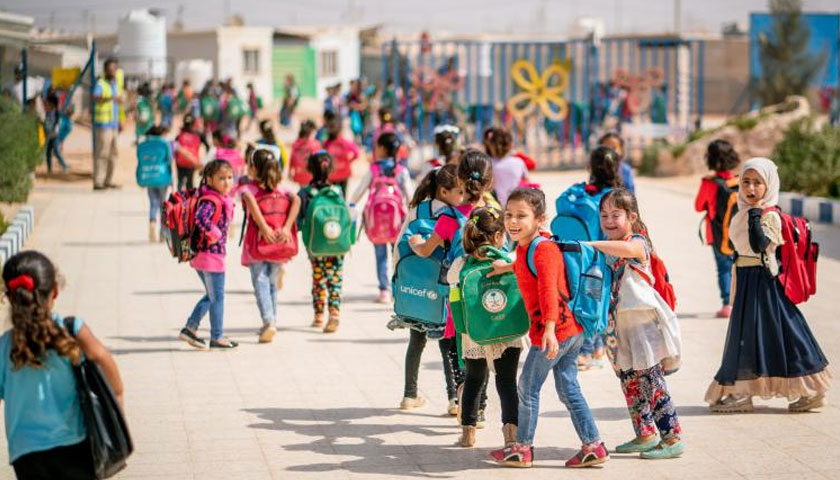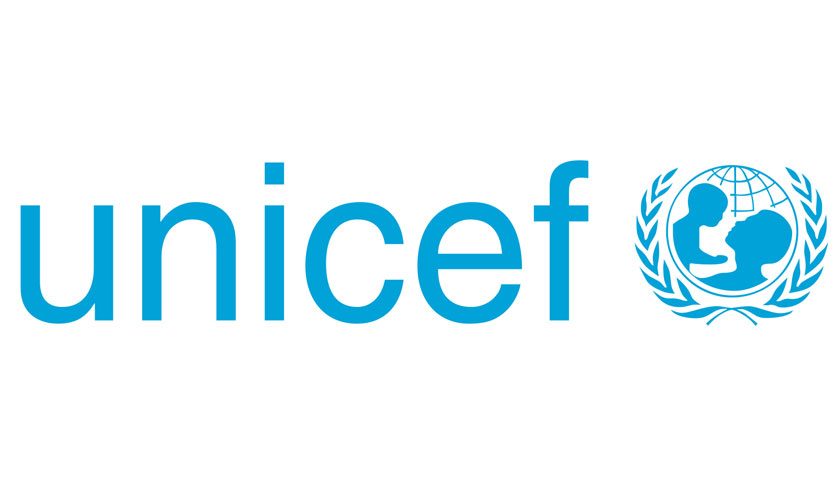UNICEF and the Islamic Development Bank (IsDB) have launched an innovative fund that will open new opportunities for Muslim philanthropy to reach the millions of children currently in need of humanitarian support and help achieve the Sustainable Development Goals (SDGs).
The Global Muslim Philanthropy Fund for Children (GMPFC) is the first fund focused on Muslim giving to be launched by a United Nations organization together with a Multilateral Development Bank (MDB). The fund will enable multiple forms of Muslim philanthropy, including obligatory giving such as Zakat and voluntary giving such as Sadaqah donations and Waqf endowments, to contribute to emergency response and development programmes.
It is estimated that global annual Zakat contributions alone may reach up to US$600 billion, making this a significant potential source of sustainable funding to help achieve the SDGs. Seeking to raise US$250 million, the Fund will be administered by the IsDB and unite giving from private and public foundations, Zakat agencies and individuals.
Funding will be allocated to UNICEF and IsDB programmes in the 57 Member Countries of the Organisation of Islamic Cooperation (OIC) which have been identified as eligible to receive Muslim giving, uphold UNICEF core values and deliver the greatest strategic impact for children and young people. This will include support for children in education, health and nutrition, water and sanitation, early childhood development, protection and youth empowerment.
As a lead investor to the Fund, Abdul Aziz Abdulla Al Ghurair, chairman of the Abdulla Al Ghurair Foundation for Education, today committed to contribute US $10 million to the Fund over a three-year period. This commitment will support refugee education programmes in the Middle East and North Africa region.
“Global humanitarian needs are at critical levels and rising,” said Dr. Bandar Hajjar, President of the Islamic Development Bank. “Nearly 184 million people, including 89 million children need humanitarian assistance in 2019. Children are especially vulnerable– they face the highest risk of violence, exploitation, disease and bear the brunt of climatic events, be they floods or droughts. That is why we need urgent and innovative solutions such as Islamic finance. We are proud to partner with UNICEF to develop this innovative, ethical and sustainable funding solution. Together we can provide help and assistance today and ensure a brighter tomorrow for those who need it the most– our children.”
“Every child has the right to survive and thrive, but conflicts and other emergencies continue to deny children the protection, health and futures they deserve,” said UNICEF Executive Director Henrietta Fore. “Emergency programmes in OIC countries account for two thirds of UNICEF’s humanitarian funding needs. This new partnership with IsDB will accelerate our efforts to reach the most vulnerable children with life-saving support and demonstrates the power of collective action to help every child attain every right.”
The GMPFC offers a coordinated and structured mechanism through which Muslim giving can respond to the children and young people who need it most. It benefits from UNICEF’s on-the-ground presence in all OIC member states and areas affected by emergencies, pooled resources and reduced costs, and programmes that have been pre-approved to absorb Muslim funding.
At the same time, the Fund will build on the decades-long experience and relationships of the Islamic Development Bank in its member countries to build financing partnerships at scale to support development. By working together holistically, UNICEF and the Islamic Development Bank aim to catalyze massive and long-term change benefiting all children in supported countries.
“The Global Muslim Philanthropy Fund for Children is an important and much needed initiative in Islamic philanthropy and will have a meaningful impact for children and youth at the global level,” said Abdul Aziz Abdulla Al Ghurair. Through our investment in the Fund we help to ensure that refugee children are able to claim their right to a quality education.”

